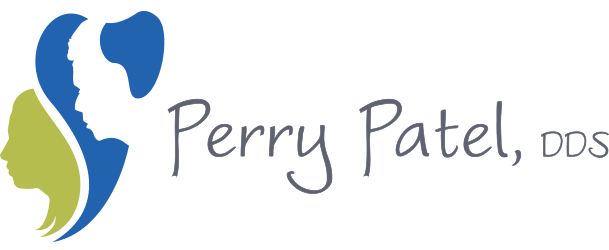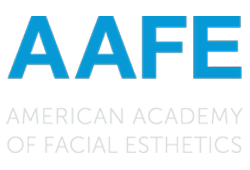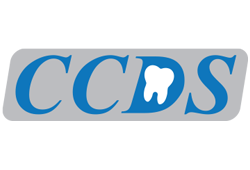Good Oral Health for Babies

Parents know that a healthy mom is the best chance for a healthy baby. A healthy mom also means a healthier future for baby’s teeth. Good nutrition, a healthy lifestyle and pre-natal care can make a difference in both mom and baby’s total health. Dr. Perry Patel said, “It’s never too early to start your baby on the path to good oral health.”
Dr. Patel, the dentist Nipomo, Pismo Beach and the Central Coast relies on for solid dental care advice has a few tips to get baby from infancy through the first few years:
- Start a few days after birth by wiping baby’s gums with a clean, moist gauze pad or washcloth every day.
- As soon as that first tooth emerges, start brushing twice a day and make that first dentist appointment as soon as possible. Ask the dentist for recommendations for the best baby toothbrush and toothpaste.
- As soon as baby has two teeth that are touching, start flossing daily!
- Until you’re comfortable that your child can brush and floss on his or her own, continue to brush and floss your child’s teeth.
- Even when your child is brushing and flossing on his or her own, check on them to make sure!
Things that contribute to tooth decay and other issues
Dr. Patel encourages new parents to consider the importance of cleaning baby’s gums, even for breastfed babies. Breast milk, just like formula, contains sugar.
Dr. Patel encourages new parents to consider the importance of cleaning baby’s gums, even for breastfed babies. Breast milk, just like formula, contains sugar. Patel also wants his patients to be aware of other circumstances that can contribute to oral health. These include:
- Pacifiers and thumb sucking—If your child uses a pacifier, make sure it is clean. Don’t dip it in sugar or honey, or put it in your mouth to clean it. Sucking thumbs, fingers, pacifiers or other objects is natural for children and may make them feel secure and happy. After permanent teeth come in, sucking may cause problems with teeth alignment. It can also cause changes in the roof of the mouth. Pacifiers can affect the teeth and mouth the same ways, but because the pacifier can be taken away it is often an easier habit to break.
Children usually stop sucking between the ages of two and four. If you notice changes in your child’s primary teeth, or are concerned about your child’s thumb sucking consult your dentist. - Frequent or prolonged exposure to sugary drinks—Tooth decay can occur when the baby is put to bed with a bottle, or when a bottle is used as a pacifier for a fussy baby. Place only formula, milk or breast milk in bottles. Avoid sugar water, juice or soft drinks.
- Sharing saliva—Tooth decay can begin with cavity-causing bacteria being passed from mother to the infant. These bacteria are passed through the saliva. When the mother puts the baby’s feeding spoon in her mouth, or cleans a pacifier in her mouth, the bacteria is passed to the baby.
- Nutrition—Introduce baby to good nutrition from the beginning, including the first solid foods. Children need strong, healthy teeth to chew their food, speak and have a good-looking smile. What’s more, a good diet is essential for a child’s growth and development. Infants and toddlers not receiving an adequate supply of fluoride might also increase the risk of tooth decay.
Mom, take care of yourself
And there’s one last piece of advice Dr. Patel gives all moms. “When you are on an airplane the flight attendant tells you to put your oxygen mask on before you put it on your child,” said Patel. “If mom’s are not healthy they don’t have the energy to make sure their children are healthy. Mom, take care of yourself.”

(805) 489-4761
1054 East Grand Avenue | Arroyo Grande, CA 93420
Serving the Central Coast and Five Cities area including Arroyo Grande, Avila Beach, Grover Beach, Nipomo, Pismo, San Luis Obispo and Shell Beach.




